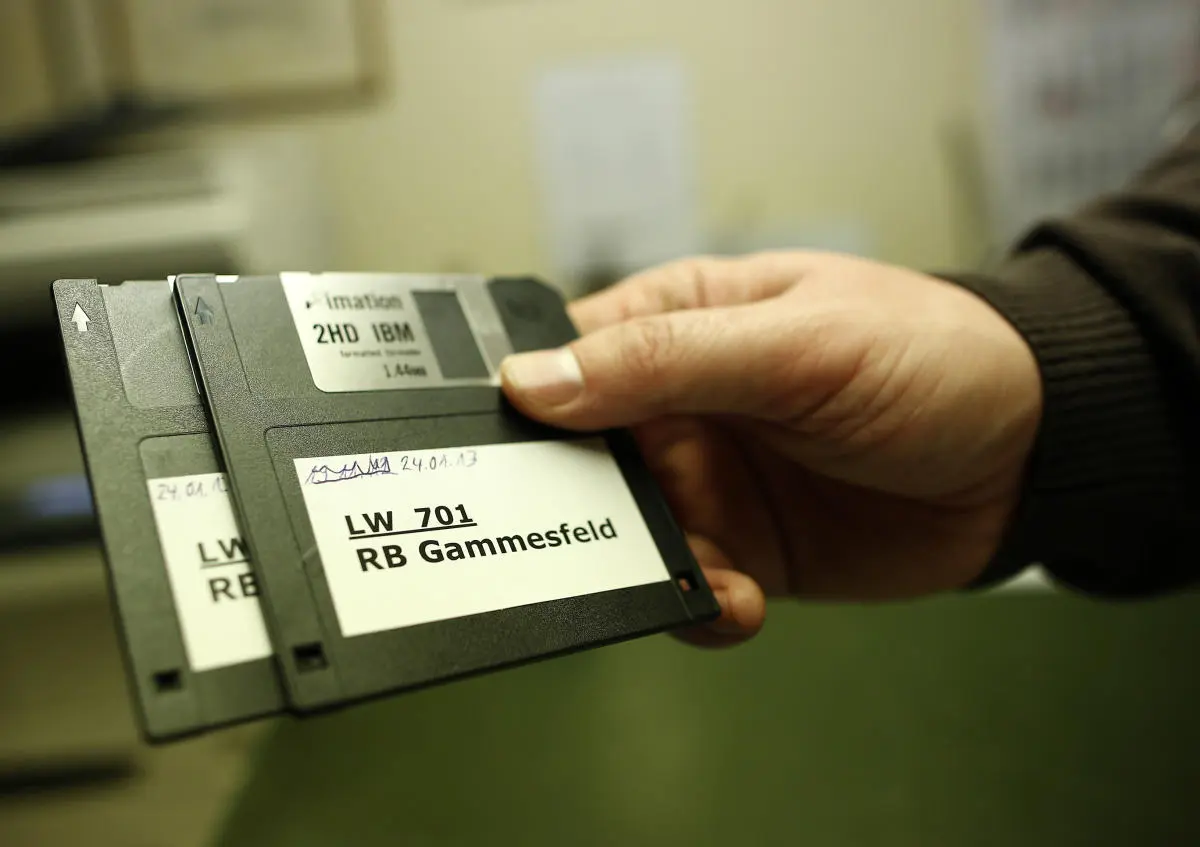Japan has been stuck in the year 2000 for 40 years. Baby steps forward is still progress.
Rather in the early 90s when we are honest.
The saying they are referring to is: In the year 1980, Japan was living in the year 2000. And in the year 2020, Japan was living in the year 2000.
Does anybody really need more than 1.44 MB of storage capacity?
Geez. It would take me about 1.5hrs to download that much. It’ll take even longer if Mom picks the phone up.
640K ought to be enough for anybody.
They’ll probably just switch to fax.
Beat me to the fax reply lol
Your profile picture does not disappoint
Thank you!
In other news, the last manufacturer of floppy disks has closed it’s doors today
Plenty of systems still use them, but the equipment isn’t critical. They are usually only found in jets and medical equipment. Lulz. I would suspect that lots of older manufacturing equipment uses floppy disks as well.
The logic goes that it’s cheaper to pay top dollar for legacy computer parts as replacing the actual machine costs millions.
I can’t imagine it would be impossible to create something that uses the same protocol using a raspberry pi pico or similar. I see some exciting USB drive based “floppy drives” on Amazon for like $30 already.
In some cases, it usually boils down to specialized hardware and software. The software might make an obscure call to a function that only exists in only one specific version of hardware, as an example. (In some cases, the original company who made the machine or the original developers may not even exist any more.)
I would imagine that at least for manufacturing, it’s more efficient to use original parts. From a factory owner perspective, it’s better to use a part that is proven to work instead of a hack. A thousand dollars for a floppy drive is pocket change when an hour of downtime costs several thousand dollars. In those cases an engineer should err on the side of reliability.
I don’t want to pretend that I know the details of mass production, because I don’t. I am just repeating things I have heard over the years.
Edit: Just replace the machine! Well, there are cases where that can’t happen. A similar example that I know of relates to major components of Navy ships. If a large engine component needs to get changed, they have to cut massive holes through each deck of the ship just so they can lift out and replace that component. It’s a hell of a process. Similar situations could occur in large factories where machines are hundreds of thousands of tons and buried deep in the bowels of an old factory.
Cowards.
Boo. I miss floppies and everyone complains about Japan being “behind the times” on some things but honestly, only in ways that are cool or good for civilians’ privacy.
deleted by creator








